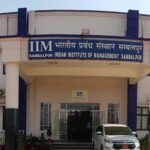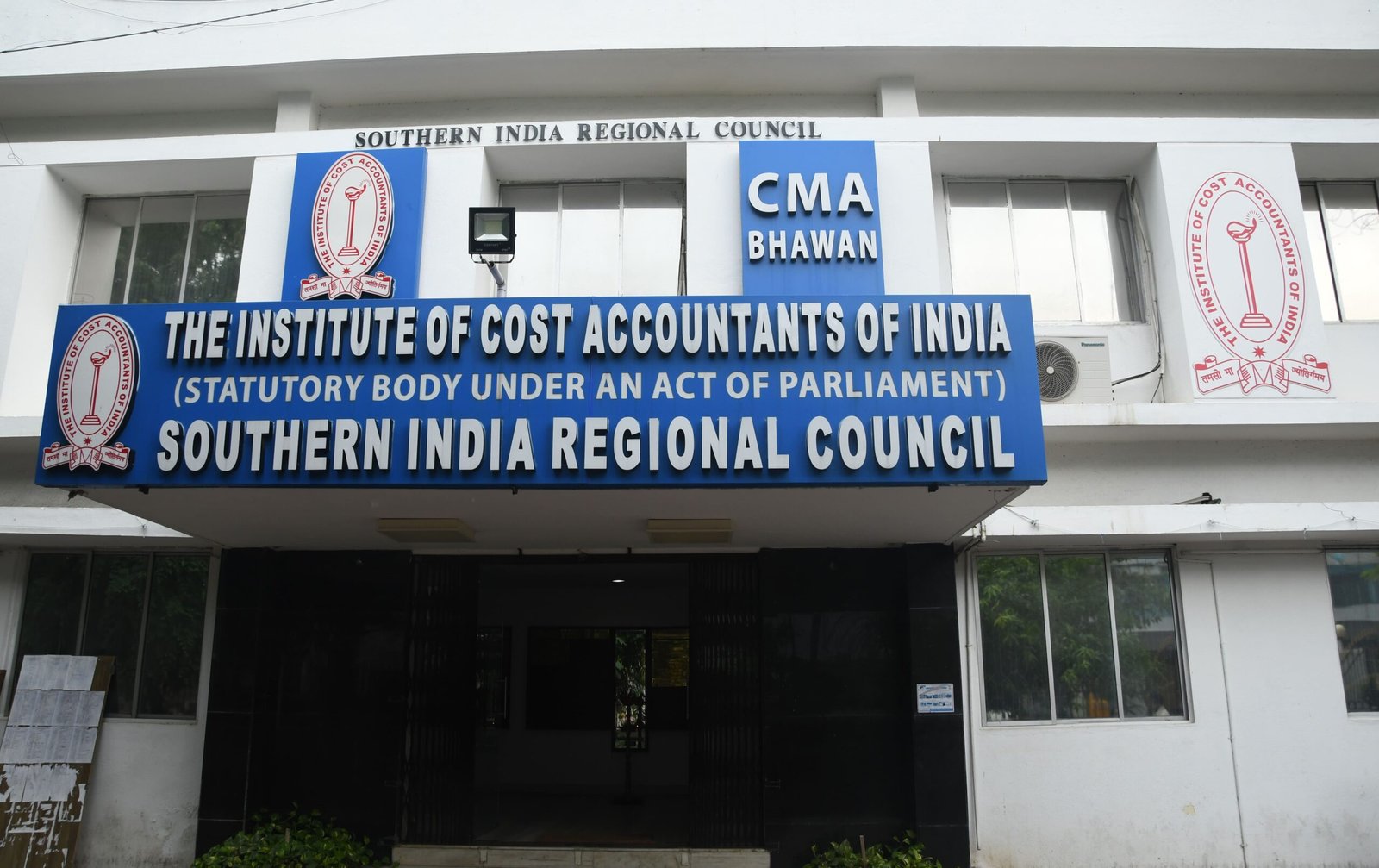Conducted to establish candidates’ suitability for the job of Assistant Professor as well as for Junior Research Fellowships at Indian colleges and universities, the National Eligibility Test for Junior Research Fellowship (NET JRF) is a respected test. Candidates hoping to excel in this test must have a complete grasp of the NET JRF curriculum. Including both Paper 1 and Paper 2, this manual offers a thorough examination of the NET JRF syllabus together with strategic preparation recommendations to guide candidates through their study journey successfully.
Overview of NET JRF Examination Structure
Two papers make up the NET JRF test:
- Paper 1: general paper meant to determine the research and teaching ability of the candidate. It assesses general knowledge, divergent thinking, understanding, and logical reasoning.
- Paper 2: An in-depth examination of a specific field that evaluates the applicant’s expertise in their chosen discipline.
One three-hour session contains several choices of problems, both papers are consisting of. Target preparation requires knowing the exhaustive syllabus for every paper.
Detailed Syllabus for Paper 1
Paper 1 aims to assess the foundational skills of teaching and research. It is divided into ten units, each focusing on a specific area:
Unit I: Teaching Aptitude
This module assesses the applicant’s knowledge of the teaching-learning mechanism in higher education.
Teaching Concepts: goals, traits, and techniques of learning (memory, understanding, and reflective).
Learner’s Characteristics: Characteristics of students of adolescence and adulthood include academic, social, emotional, and cognitive qualities.
Factors Affecting Teaching: Elements related to the teacher, learner, support material, instructional facilities, learning environment, and institutional context.
Methods of instruction: teacher-centered against learner-centered approaches; old approaches against modern, ICT-based approaches.
Teaching Support Systems: Using conventional, contemporary, and ICT-based tools and materials.
Evaluation Systems: evaluation strategies include elements and kinds of evaluation, Choice Based Credit System (CBCS), computer-based testing, and innovative evaluation techniques.
Unit II: Research Aptitude
The emphasis of this unit is on the candidate’s research methodologies understanding and research capability. Important topics include:
Research Fundamentals: Basic research is about meaning, qualities, and kinds of study; grasping post-positivistic ideas as well as positivism.
Research Methods: Experimental, descriptive, historical, qualitative, and quantitative research methodologies.
Research Process: From identifying issues to report composition, the steps in research methodology in conducting research
Article writing: referencing techniques, format, and structure.
Application of ICT in Research: Using research information and communication technologies’ tools
Research Ethics: Ethical criteria and concerns in research methodology.
Unit III: Comprehension
This unit assesses the candidate’s ability to understand and interpret a given passage. It involves:
- Reading Comprehension: Analyzing a passage and answering questions based on its content.
Unit IV: Communication
The candidate’s knowledge of communication principles and obstacles is analyzed in this unit. Important subjects comprise:
Fundamentals of communication: meaning, varieties, and properties of communication.
Effective Communication: Effective communication includes classroom communication techniques, verbal and non-verbal signals, group and cross-cultural interactions.
Barriers to Communication: Recognizing and resolving challenges to good communication.
Mass Media and Society: society’s communication’s dependence on mass media.
Unit V: Math Reasoning and Aptitude
Types of Reasoning: The candidate’s numerical and logical skills are evaluated in this unit. Important subjects include:
Number Series and Letter Series: Several forms of reasoning should be understood.
Finding letter series and number series: patterns and sequences.
Codes and Relationships: Deciphering coded information and grasping relationships: reallocating codes and configurations.
Mathematical Aptitude: Basic mathematical ideas include time and distance, fractions, ratio and proportion, profit and loss, percentages, interest calculations, and averages.
Unit VI: Logical Reasoning
Argument Structure: The candidate’s analytical skills and logical thinking are appraised in this unit. Important subjects are:
Evaluating Reasoning: Knowing argument types and structures—including categorical statements and syllogism forms—helps one to understand arguments and their forms.
Analogies and Classification: Determining between inductive and deductive thinking helps
Venn Diagrams: Category recognition and relationship identification using analogies and classification.using Venn diagrams for rational analysis.
Indian Logic: Ideas of perception, inference, comparison, verbal testimony, and other conventional Indian logical systems.
VII: Units in Data Interpretation
Sources and Acquisition of Data: The emphasis of this module is on the candidate’s data interpretation and analysis prowess. Important subjects include:
Quantitative and Qualitative Data: Learning various sources of information and data collection techniques helps one to understand
Graphical Representation: quantitative and qualitative information, distinguishing uses of data kinds
Data Analysis Tools: Interpreting data presented in tables, graphs, and charts. Using tools including mean, median, mode, standard deviation, and other statistical quantities.
unit viii: Technology and communication, feeding data
ICT Basics: The prospective employee&’s familiarity of ICT and its uses is evaluated by this unit. Prominent themes are:
Hardware and Software: general concepts, vocabulary, and abbreviations in ICT fundamentals.
Internet and E-mail: Learning mechanical, software, and networking fundamentals, as well as computer hardware and software.
Digital Initiatives in Education: basics of internet use, e-mail, and digital communication, awareness of digital initiatives in learning helps one to see ICT-based educational solutions and means of access.
ICT and Governance: The part of ICT in public administration and governance is that ofivist.
Unit IX: Development and environment, people,
The candidate’s knowledge of environmental problems and sustainable development is explored in this module. Important subjects are:
Development and Environment: ideas, sustainability, and the link between environmental preservation and development: concepts
Environmental Issues: biodiversity, pollution, climate change, conservation initiatives,
Environmental Protection: regulations, laws, and international agreements via policies
Human and Environmental Interaction: Urbanization, Population Growth, and Their Environmental Effects
Natural Disasters: Learning about natural events and their prevention techniques.
Unit X: Higher-Ed Setup
The organization, administration, and difficulties of Indian higher education are the main topics of this unit. Important subjects include:
Historical Development: India’s college system evolution.
Institutions and Commissions: Universities, colleges, and agencies: assignments for institutions and commissions.
Policies and Governance: educational policies, planning, and administration.
Value Education: Emphasis of values and ethics in education.
Current Challenges: Present problems include those related to accessibility, equity, quality, and international spread of higher education.
Detailed Syllabus for Paper 2
Subject-specific, Paper 2 investigates more thoroughly the particular field of the candidate. Syllabi differ from one discipline to the next. The syllabus for a few standard courses is outlined here under.
1. Economics
Microeconomics: theories of consumer behavior, production, expenses, and market constructions.
Macroeconomics: National income accounting, income and employment theories, inflation, and fiscal policy – macroeconomics
Development Economics: models of economic growth, poverty, inequality, and development strategies in development economics.
International Economics: trade theories, balance of payments, exchange rates, and international economic institutions: International economics
Conclusion
A well-organized study schedule and thorough knowledge of the syllabus are necessary for NET JRF test preparation. Paper 2 is subject-specific and calls for particular expertise; Paper 1 evaluates overall teaching and research ability. Candidates can raise their shot of passing the NET JRF by methodically covering all areas, using excellent study materials, and practising often. Success in this very competitive test depends on staying current in educational and research trends, as well as on focused preparation.
Also Read: Exploring Online Courses After 12th: A Comprehensive Guide











